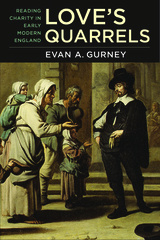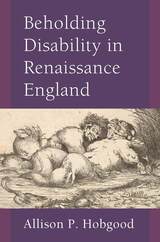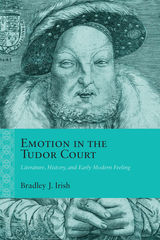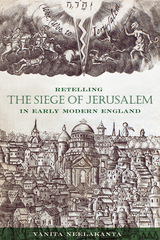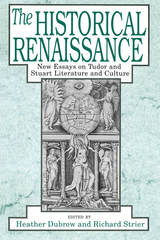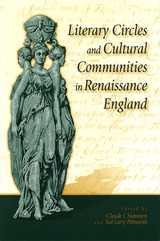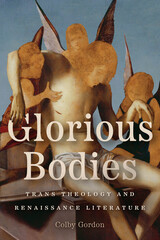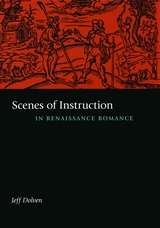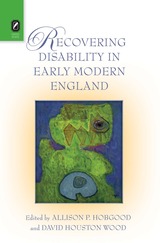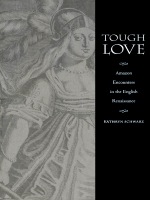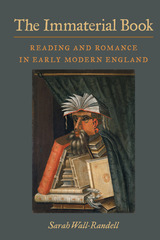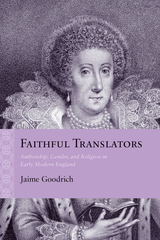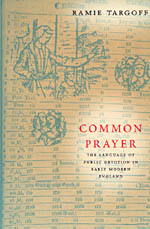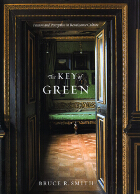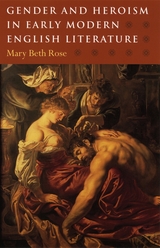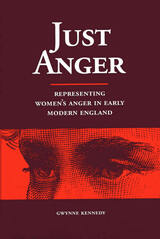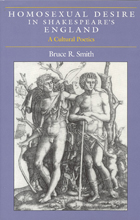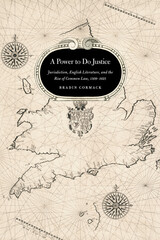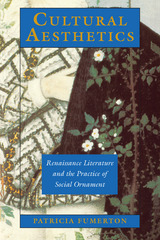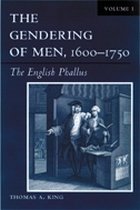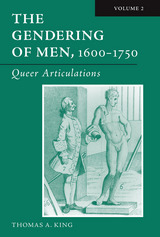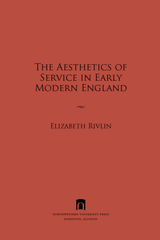Fictions of God: English Renaissance Literature and the Invention of the Biblical Narrator
University of Chicago Press, 2025
Cloth: 978-0-226-84221-9 | Paper: 978-0-226-84223-3 | eISBN: 978-0-226-84222-6
Library of Congress Classification PR428.B53M34 2025
Dewey Decimal Classification 823.3093823
Cloth: 978-0-226-84221-9 | Paper: 978-0-226-84223-3 | eISBN: 978-0-226-84222-6
Library of Congress Classification PR428.B53M34 2025
Dewey Decimal Classification 823.3093823
ABOUT THIS BOOK | AUTHOR BIOGRAPHY | TOC
ABOUT THIS BOOK
A new history of literary narration rooted in the turmoil of the Protestant Reformation.
We sometimes identify secularization with the rise of the novel: out with God’s authoritative word, in with unreliable narrators. In Fictions of God, Raphael Magarik argues that this story overlooks the cultural upheavals of the Protestant Reformation. Early reformers imagined a Bible that was neither infallible nor inerrant but fictional, composed by a divine counterfactual: God crafted the text, they said, as if it had been written by the prophets. Early modern Protestants now found in their Bibles not a source of foundational truths but a model for unreliable narration.
Fictions of God traces how this approach to literature passed from biblical commentators to poets like Abraham Cowley, John Milton, and Lucy Hutchinson amid the violent emergence of a new religious and political order—long before the eighteenth-century rise of the English novel. The result is a transformative account of the Reformation’s effect on imaginative literature and the secularization of the Bible itself.
We sometimes identify secularization with the rise of the novel: out with God’s authoritative word, in with unreliable narrators. In Fictions of God, Raphael Magarik argues that this story overlooks the cultural upheavals of the Protestant Reformation. Early reformers imagined a Bible that was neither infallible nor inerrant but fictional, composed by a divine counterfactual: God crafted the text, they said, as if it had been written by the prophets. Early modern Protestants now found in their Bibles not a source of foundational truths but a model for unreliable narration.
Fictions of God traces how this approach to literature passed from biblical commentators to poets like Abraham Cowley, John Milton, and Lucy Hutchinson amid the violent emergence of a new religious and political order—long before the eighteenth-century rise of the English novel. The result is a transformative account of the Reformation’s effect on imaginative literature and the secularization of the Bible itself.
See other books on: Early modern, 1500-1700 | Fictions | God | History & Culture | Narration (Rhetoric)
See other titles from University of Chicago Press


